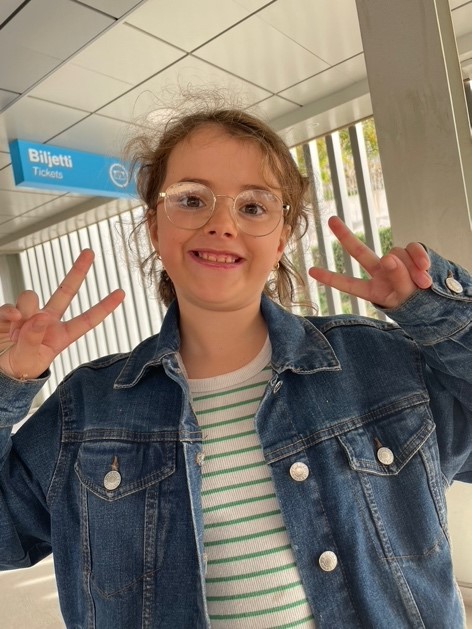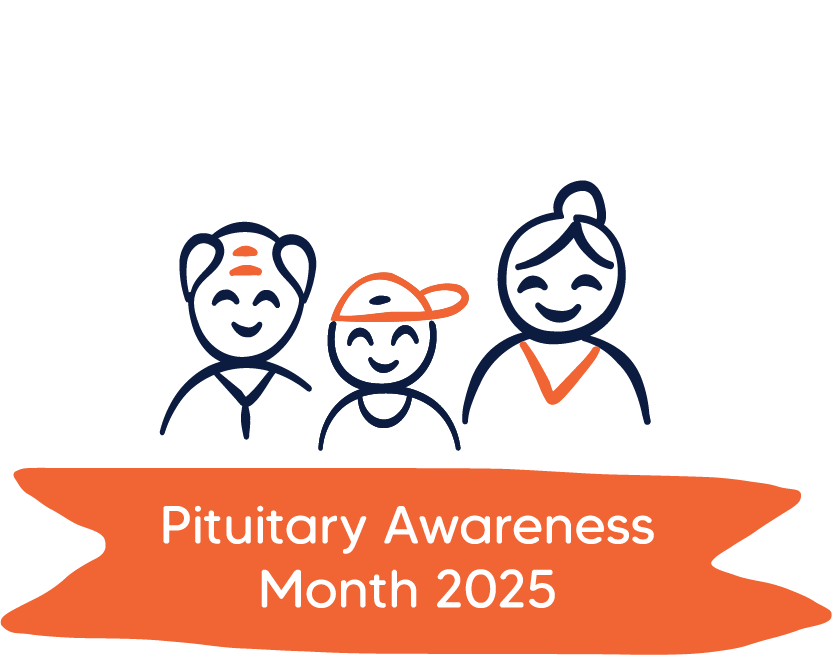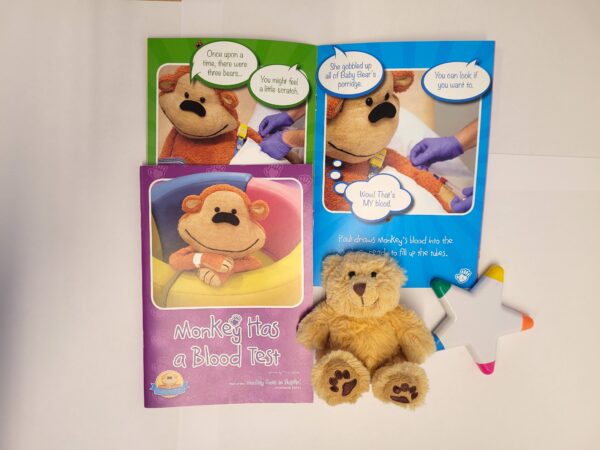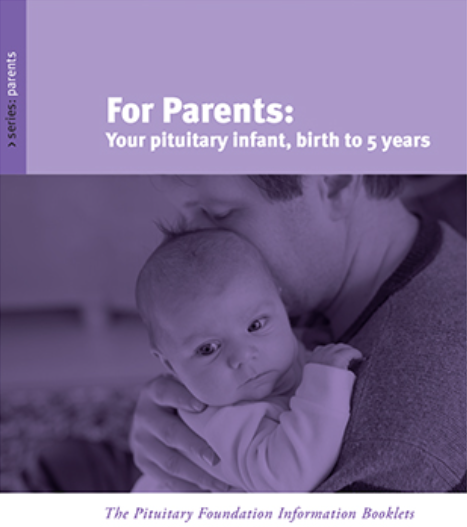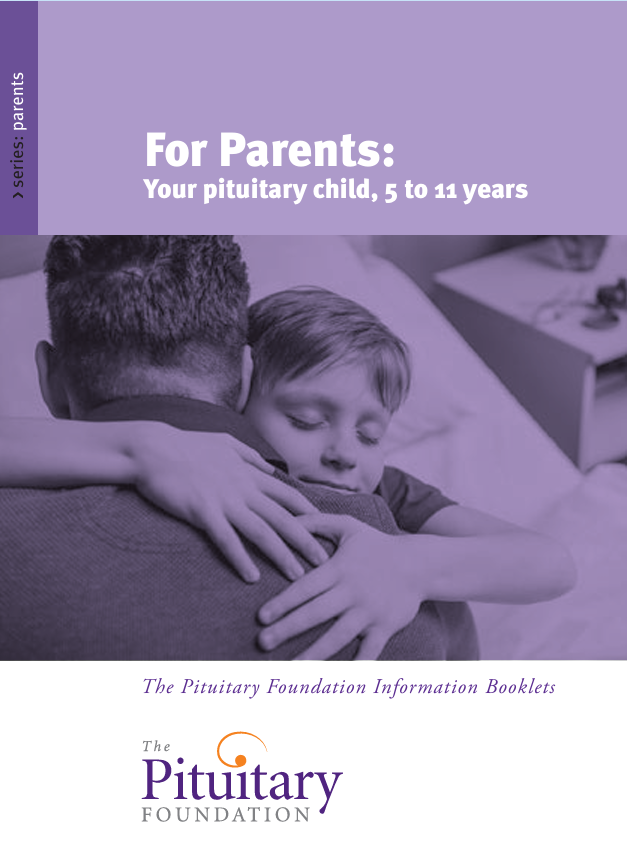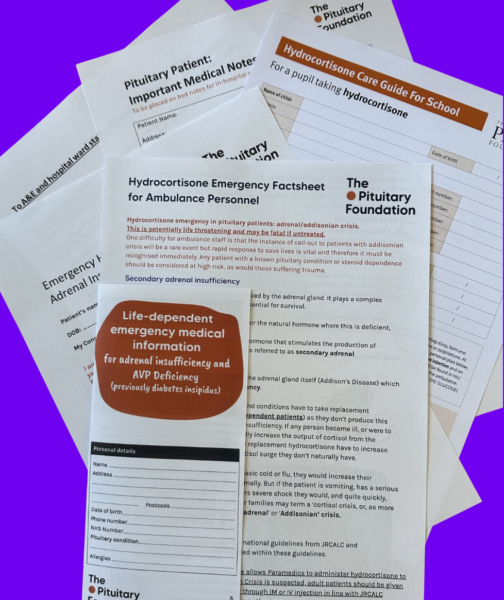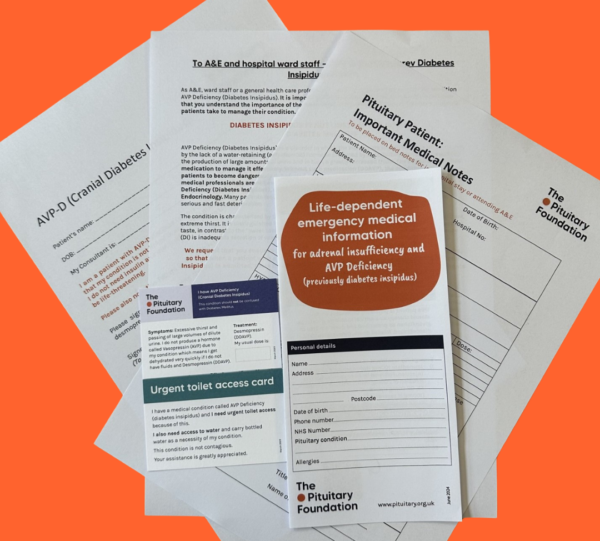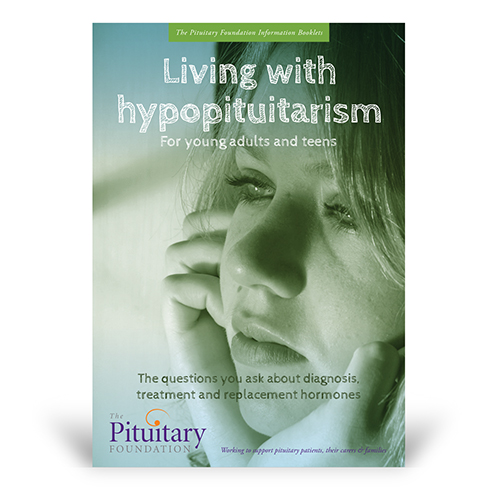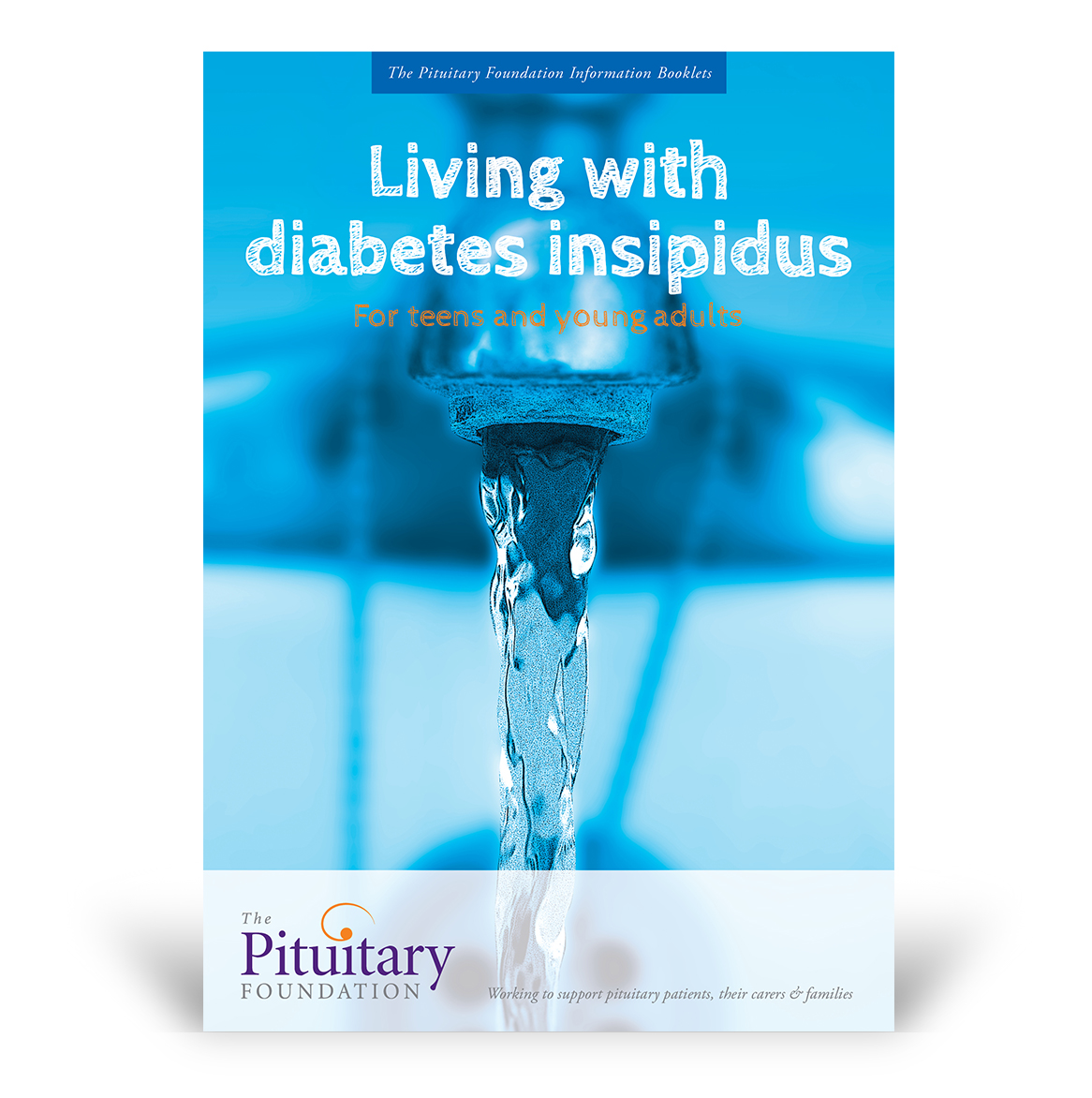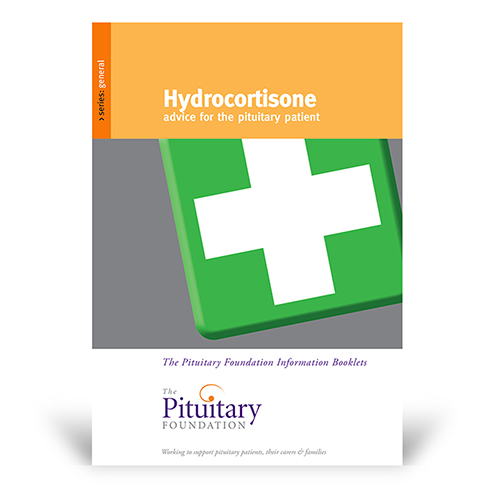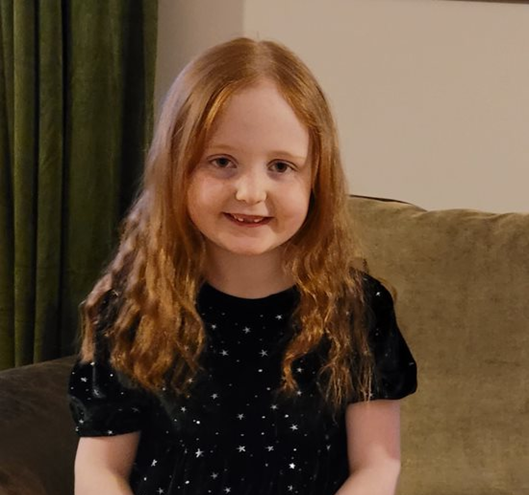Being diagnosed with a rare, long-term health condition in your early years can be challenging for young people and their families. A lot of young people with pituitary conditions feel different from their friends and worry about missing out on normal childhood experiences, such as school, holidays and further education.
Whilst there will be additional things to consider to manage a child’s condition and help them stay healthy, it’s very possible for them to have the same experiences as friends and other young people. Below are a few inspiring stories from young members of our community, who haven’t let their pituitary conditions hold them back.
Young people’s stories

Defying expectations and shaping your own experience
Since being diagnosed with panhypopituitarism in childhood, Aleha struggled with the limitations placed on her by others. Instead of being defined by her condition, she chose to push past others’ expectations and decide for herself what her future would look like.Longer reads and videos
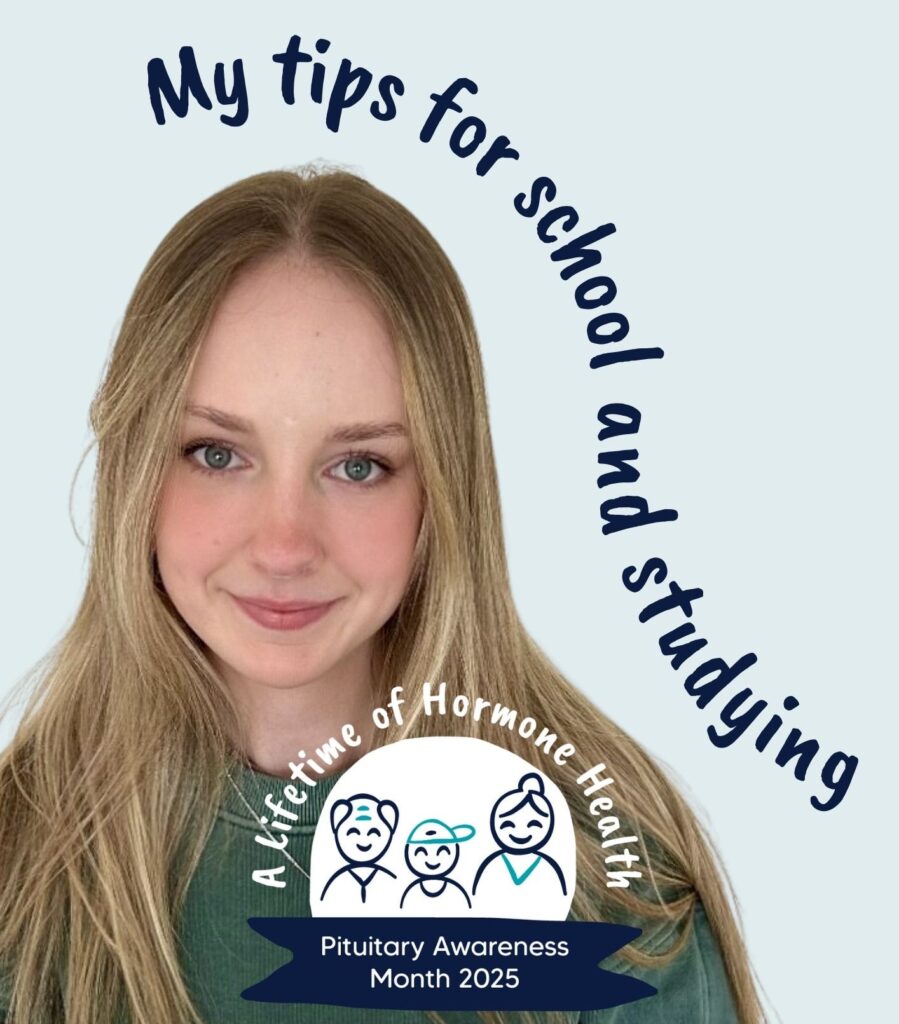
Jess’ tips for school and studying
Jess shares her top tips for making school easier if you have a pituitary condition.
In this talk, Indi and Helen discuss the signs to look out for that could indicate a pituitary condition in childhood, such as delayed or excellerated growth and puberty. They also explore the treatments available for pituitary conditions in childhood and how to be prepared for adrenal crises situations in children.
Further information

Child Growth Foundation
The CGF provide expert information and support for children with growth conditions, including those caused by pituitary conditions. They have a great selection of videos and infographics for parents and children
See more
Young Minds Trust
The Young Minds Trust provide mental health support for young people and their parents.
View their website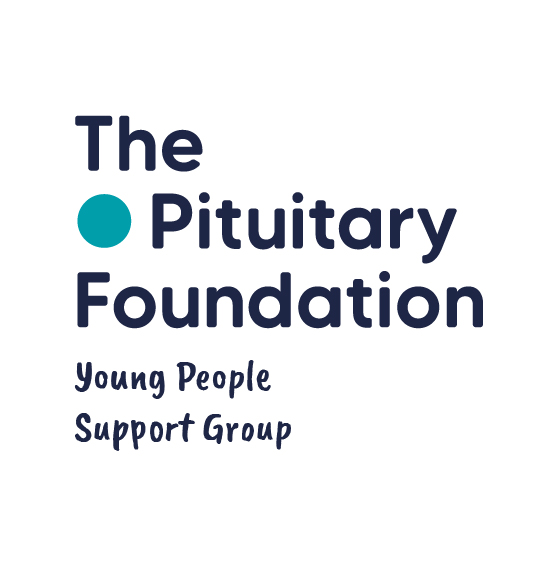
Our Young People’s Support Group regularly meets online and provides community and support for young adults (18-30) with pituitary conditions. You can sign up to their next meeting or follow them on Instagram, @young.people.support.group
Find out more








